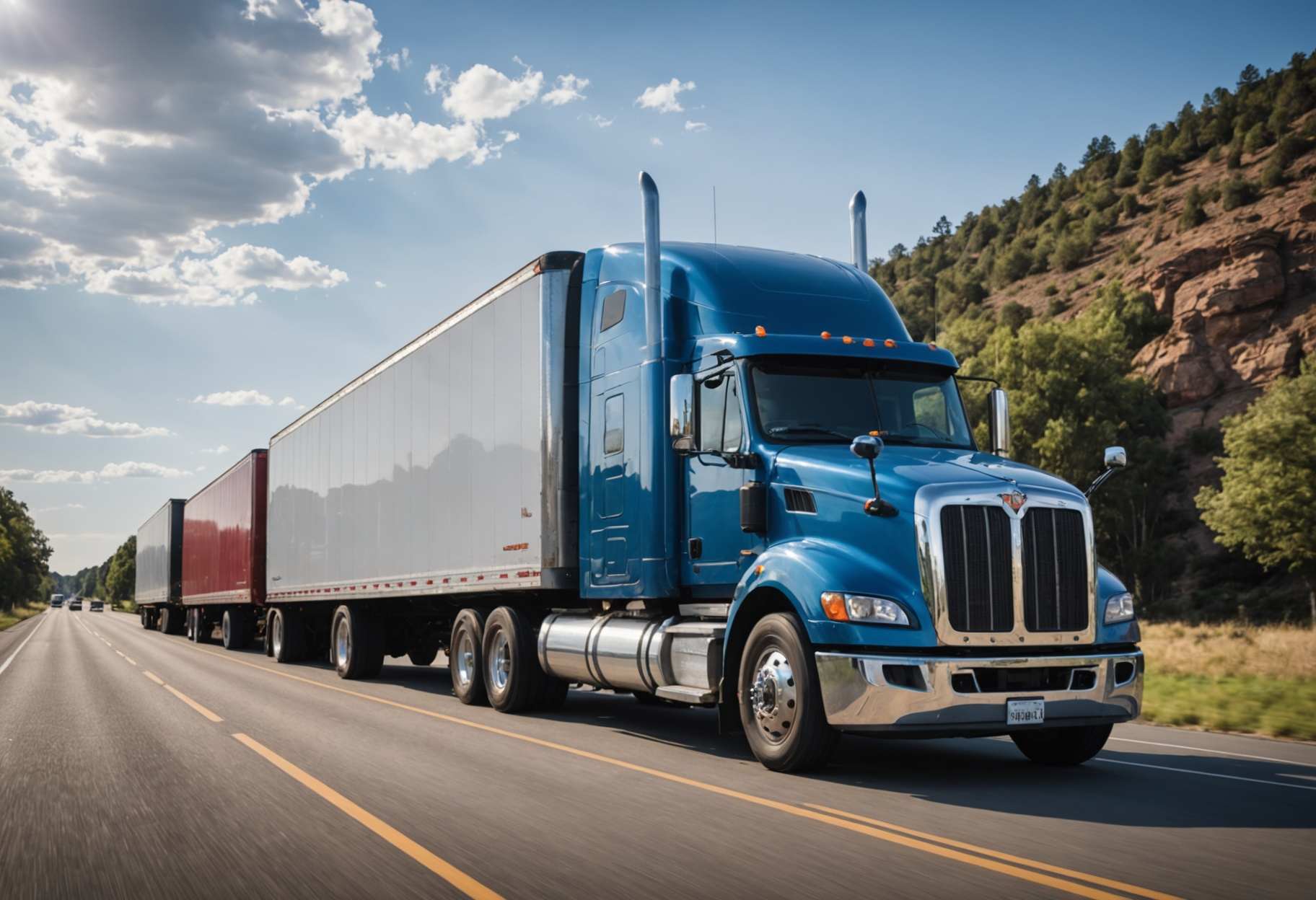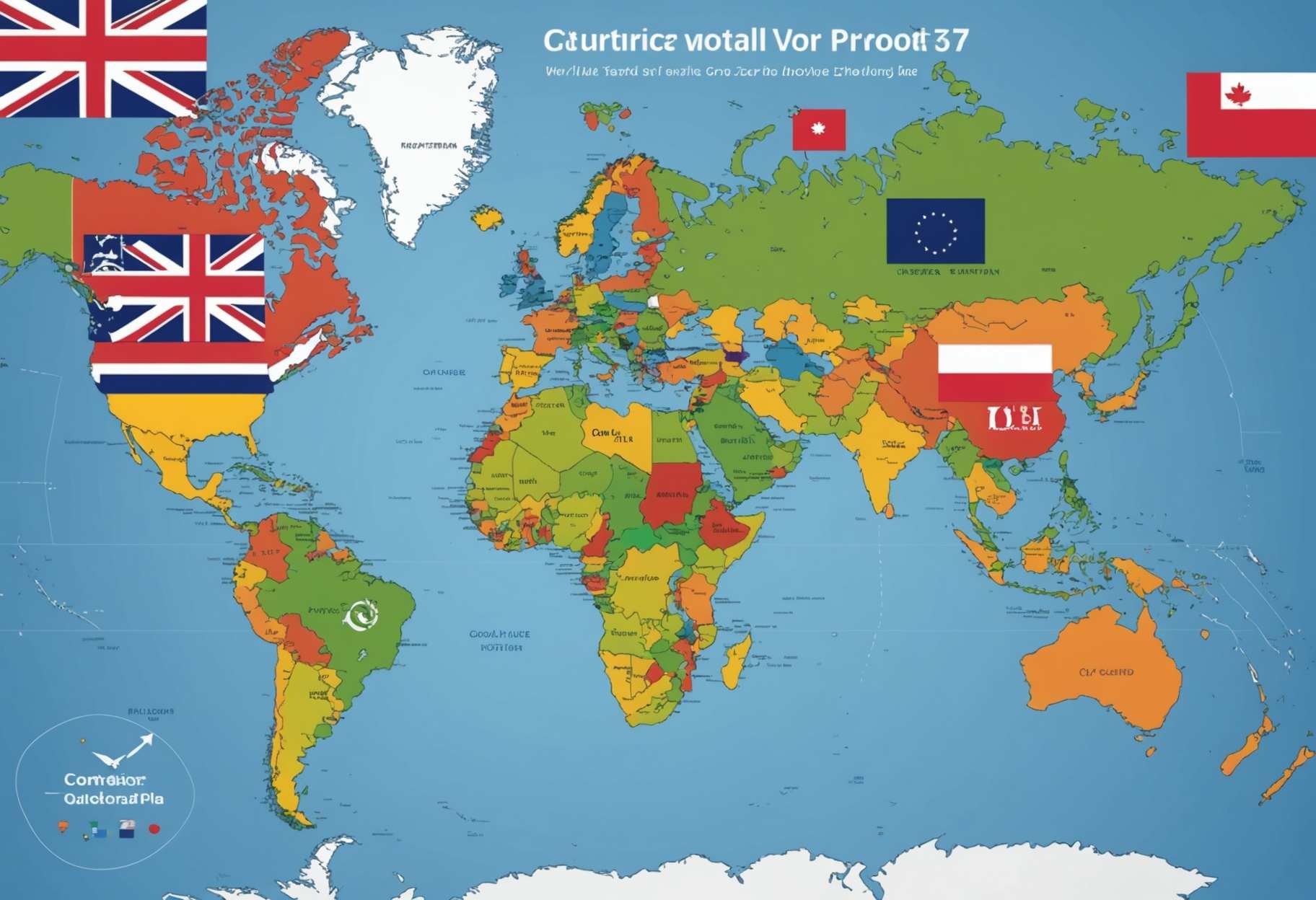Shipping: The Corridors of Trade and the Coming of Another Period

Every morning, as the sun transcends the skyline, an armada of trucks gets ready for one more day, conveying the fundamental merchandise that describe our contemporary way of life. From the primary taste of morning espresso to the development of high rises, these exercises would generally not be doable without the perplexing organization of strategies unfurling on the open street. This conversation investigates the shipping business' persuasive job in forming economies, the individual lives it influences, and the promising mechanical headways not too far off.
The Ignored Mainstays of Regular daily existence
Consider a day without any trace of trucks: staple racks would be unfilled, service stations would dry up, and creation lines would come to a standstill. Shipping offers a vital yet frequently neglected help \x1 its presence is felt just when it is deficient. Transporters are the uncelebrated heroes of accommodation, working indefatigably to keep up with the progression of our day to day routines. They face restless evenings and unfriendly weather patterns, driven by a responsibility that outperforms the repetitiveness of vast parkways.
Monetary Impetuses in a Globalized Period
The shipping business fills in as a central driver of monetary advancement. It supports different areas going from horticulture to retail, producing work open doors for drivers as well as for operations directors, upkeep groups, and security investigators. In the present interconnected world, shipping goes about as the imperative connection that works with global exchange and empowers the smooth development of products across borders.
Exploring Industry Difficulties
Notwithstanding its significance, the shipping area experiences a few difficulties. It is right now resolving ecological issues, attempting to offset its fossil fuel byproducts with the manageability objectives representing things to come. Drivers likewise face wellbeing gambles related with long stretch courses, while the business wrestles with a relentless work lack that represents a danger to its security. Regardless, shipping stays versatile, inventive, and fundamental as it explores these impediments.
The Commitment of Innovative Progression
What's in store holds extraordinary potential for the shipping business. Zap and hydrogen fuel innovations are starting to get some decent forward momentum, flagging a future where weighty burdens can be moved with a decreased natural impression. Propels in independent driving innovation demonstrate when trucks might work under algorithmic direction, with drivers administering activities. Besides, information examination and Web of Things (IoT) gadgets are improving functional effectiveness and security, impelling the business into another time.
The Way of life of the Streets
Past the domains of innovation and planned operations, shipping envelops an energetic culture. It is a remarkable world regardless of anyone else's opinion, where side of the road cafes act as get-together spots for stories and fellowship. This culture praises the connection between drivers, commending the sentiment of the open street and the common encounters of the individuals who think about the roadway their working environment. Transporters structure an affectionate local area, joined by the shared trait of a day to day existence moving.
End
As the shipping business advances, it remains at the convergence of custom and development. This is an invigorating time, with every advancement promising to rethink the vehicle scene. However, as it develops, the center substance of shipping remains \x1 a recognition for the assurance of the people who support the progression of merchandise, guaranteeing that our general public, never-endingly needing assets, keeps on flourishing. Trucks and their drivers are the actual beat of the economy, and as we advance into the future, their importance is bound to significantly increment.
The Ignored Mainstays of Regular daily existence
Consider a day without any trace of trucks: staple racks would be unfilled, service stations would dry up, and creation lines would come to a standstill. Shipping offers a vital yet frequently neglected help \x1 its presence is felt just when it is deficient. Transporters are the uncelebrated heroes of accommodation, working indefatigably to keep up with the progression of our day to day routines. They face restless evenings and unfriendly weather patterns, driven by a responsibility that outperforms the repetitiveness of vast parkways.
Monetary Impetuses in a Globalized Period
The shipping business fills in as a central driver of monetary advancement. It supports different areas going from horticulture to retail, producing work open doors for drivers as well as for operations directors, upkeep groups, and security investigators. In the present interconnected world, shipping goes about as the imperative connection that works with global exchange and empowers the smooth development of products across borders.
Exploring Industry Difficulties
Notwithstanding its significance, the shipping area experiences a few difficulties. It is right now resolving ecological issues, attempting to offset its fossil fuel byproducts with the manageability objectives representing things to come. Drivers likewise face wellbeing gambles related with long stretch courses, while the business wrestles with a relentless work lack that represents a danger to its security. Regardless, shipping stays versatile, inventive, and fundamental as it explores these impediments.
The Commitment of Innovative Progression
What's in store holds extraordinary potential for the shipping business. Zap and hydrogen fuel innovations are starting to get some decent forward momentum, flagging a future where weighty burdens can be moved with a decreased natural impression. Propels in independent driving innovation demonstrate when trucks might work under algorithmic direction, with drivers administering activities. Besides, information examination and Web of Things (IoT) gadgets are improving functional effectiveness and security, impelling the business into another time.
The Way of life of the Streets
Past the domains of innovation and planned operations, shipping envelops an energetic culture. It is a remarkable world regardless of anyone else's opinion, where side of the road cafes act as get-together spots for stories and fellowship. This culture praises the connection between drivers, commending the sentiment of the open street and the common encounters of the individuals who think about the roadway their working environment. Transporters structure an affectionate local area, joined by the shared trait of a day to day existence moving.
End
As the shipping business advances, it remains at the convergence of custom and development. This is an invigorating time, with every advancement promising to rethink the vehicle scene. However, as it develops, the center substance of shipping remains \x1 a recognition for the assurance of the people who support the progression of merchandise, guaranteeing that our general public, never-endingly needing assets, keeps on flourishing. Trucks and their drivers are the actual beat of the economy, and as we advance into the future, their importance is bound to significantly increment.
Share this article
 Get Cooking: 15 Speedy and Heavenly Recipes for Occupied Individuals
Get Cooking: 15 Speedy and Heavenly Recipes for Occupied Individuals 5 Different ways Macintosh is Prepared to Overwhelm Gaming, Even Against Windows
5 Different ways Macintosh is Prepared to Overwhelm Gaming, Even Against Windows Tech for Learning: Online Courses and Instructive Devices
Tech for Learning: Online Courses and Instructive Devices 7 Extraordinary Efficiency Applications for Experts
7 Extraordinary Efficiency Applications for Experts The World's Dazzling Regular Miracles
The World's Dazzling Regular Miracles Best Pizza Beating: What's Your #1?
Best Pizza Beating: What's Your #1? The Best Web-based Courses for Ability Advancement
The Best Web-based Courses for Ability Advancement The Response Uncovered: Disentangling the Secrets of the Universe
The Response Uncovered: Disentangling the Secrets of the Universe Computerized Domains d: A Survey of \Vivid Undertakings\ Computer generated Reality Game
Computerized Domains d: A Survey of \Vivid Undertakings\ Computer generated Reality Game













